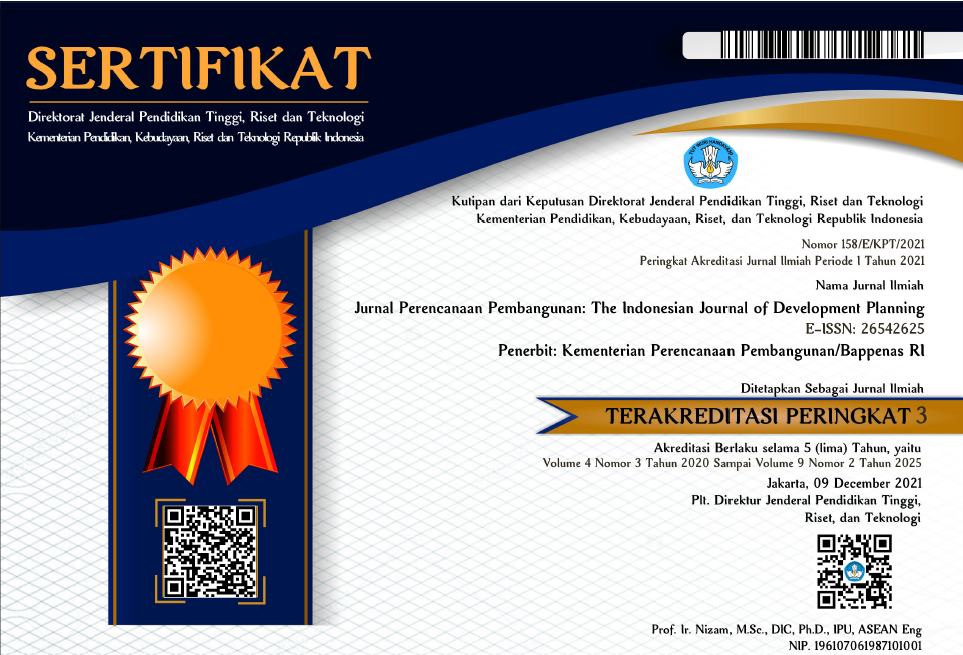Unambitious Average Syndrome? The Ambiguity of Minimum Service Standards (MSS) in a Decentralised Polity
DOI:
https://doi.org/10.36574/jpp.v2i1.34Keywords:
Minimum Service Standards (MSS), Unambitious Average Syndrome, Local Government Performance, Motivation, Public SectorAbstract
This paper attempts to assess the influence of public sector performance management on the motivation of local public-sector agencies to improve their performance. There are two main research questions. Firstly, what is the influence of MSS on the motivation of public sector agencies to improve their performance in delivering services? Secondly, how far does the concept of an unambitious average syndrome explain the outcomes attained? Semistructured interviews with 80 informants in central and local government, as well as scholars, non-government organizations and international agencies, were used in data collection, with the thematic analysis used for data analysis. In terms of the results, the influence of MSS on the motivation of local governments to improve their performance hardly fits with the idea of the ‘unambitious average syndrome’. MSS seems only to motivate improvements in performance among those local governments whose current achievement fall just below the required standard. They are motivated only to pass and deliver just above the required standard. MSS, however, does not appear to motivate local governments delivering either above or well below the standards.
Downloads
Downloads
Published
How to Cite
Issue
Section
License
This is an open-access article distributed under the terms of the Creative Commons Attribution-NonCommercial-ShareAlike 4.0 International License. Copyright © Kementerian PPN/Bappenas RI


















